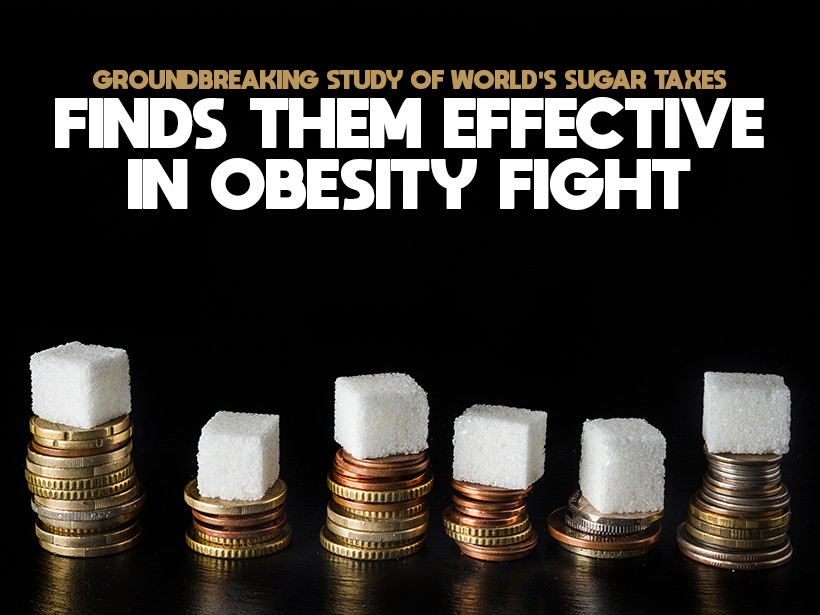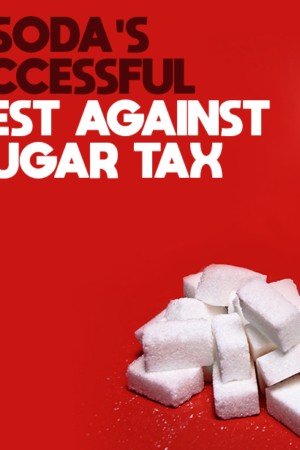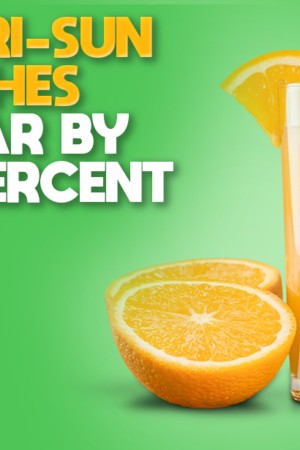While most taxes are implemented to the frustration of both producers and consumers, their benefits outside of government revenue can often outweigh these complaints. A new study lauds the effectiveness of “sin taxes,” and the recent wave of sugar taxes in particular, in their potential to improve public health and ween people away from dangerous habits. What’s more, it demonstrates that people with less income stand to gain the most while wealthier households, contrary to popular belief, often end up footing the bill.
Early Success of the Taxes
The global study, published in The Lancet in April, focused on ways to prevent non-communicable diseases linked to lifestyles like heart disease, diabetes, and cancer. The research group used evidence from five studies with data from a range of countries including India and Chile, findingthat taxes like those on soda and alcohol do in fact help to drive people away from excess sugar and alcohol consumption. Sugar taxes, which have spread across the world in recent years—notably in South and Central America, Europe, and parts of the United States—have become a source of major controversy as opponents in the sugar and soda industries decry a lack of evidence of their effectiveness in combatting obesity.1
The Lancet study comes at a time when researchers are working to pull together data from the relatively young soda taxes in existence. In Mexico, whose 4-year-old sugar tax is one of the oldest and most substantial, the researchers noted a 17 percent decrease in soda purchases among lower-income groups, with almost no change among the wealthy.2 According to Dr. Rachel Nugent, who chaired The Lancet’s task force on non-communicable diseases and economics: “Non-communicable diseases are a major cause and consequence of poverty worldwide.” Despite the claims of lawmakers, lobbyists, and corporate representatives, the available data suggests that, far from serving as a financial burden on the poor, sugar taxes around the world are helping to drive down obesity and disease among the most susceptible populations.
Combatting Big Soda
Studies like this one are essential in forming a comprehensive, scientific response to the efforts of the sugar industry and soda manufacturers, who are desperately trying to temper the spread of similar levies in cities and countries around the world. In the U.S., the soda industry is already working state-by-state to pass preventative measures that block local efforts to implement sugar taxes, having already failed to stop them from passing in places like Oakland and Philadelphia.3 At such a promising and precarious moment in the fight against excessive sugar consumption and obesity, concrete statistics from places where the sugar taxes are working is the best weapon against obfuscating corporate strategies.
NUTRITIONAL DISCLAIMER
The content on this website should not be taken as medical advice and you should ALWAYS consult with your doctor before starting any diet or exercise program. We provide nutritional data for our recipes as a courtesy to our readers. We use Total Keto Diet app software to calculate the nutrition and we remove fiber and sugar alcohols, like erythritol, from the total carbohydrate count to get to the net carb count, as they do not affect your blood glucose levels. You should independently calculate nutritional information on your own and not rely on our data. The website or content herein is not intended to cure, prevent, diagnose or treat any disease. This website shall not be liable for adverse reactions or any other outcome resulting from the use of recipes or recommendations on the Website or actions you take as a result. Any action you take is strictly at your own risk.
- For Keto, the Everyday Research Says it All - March 6, 2019
- Huge Harvard Study Backs Up the Wide-Ranging Benefits of a Low-Carb Diet - February 25, 2019
- Experts Convene for Keto Conference - July 30, 2018




